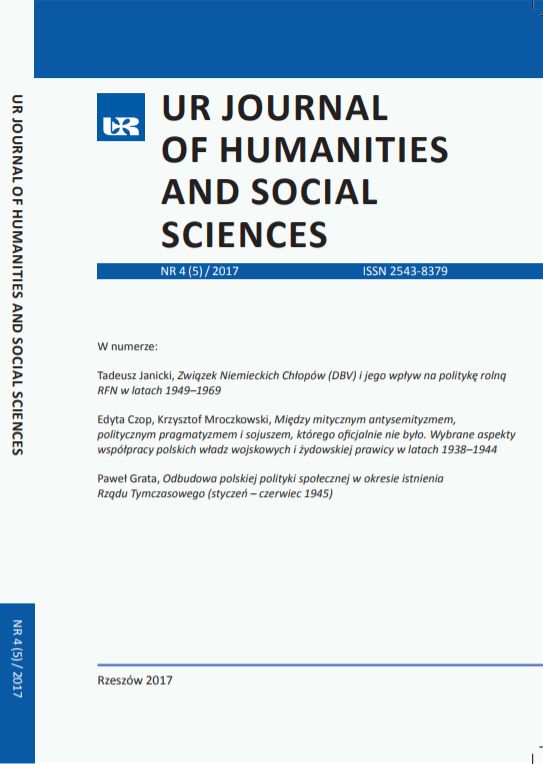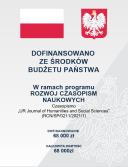Social work with prisoners – a real assumption or a postulate?
DOI:
https://doi.org/10.15584/johass.2018.1.4Keywords:
Social Work Model with prisoners, prisoner, prison, family, local community, closed environmentAbstract
In the current Polish system of social welfare and penitentiary policy, effective and comprehensive solutions that could support prisoners have yet to be created. This is particularly noticeable in relation to the numerous problems that the prisoners are forced to deal with. These include deaths of close relatives (eg. parents), family breakdown, reluctance to keep in contact with a prisoner, as previously declared by family members and friends, bad mental condition, feelings of helplessness, passivity, as well as helplessness syndrome. A serious problem at the time of being released from prison is also the threat of homelessness, unemployment and poverty.
Currently,professional court probation officers are trying to solve these problematic situations. However, this institution is inefficient and ineffective. There is therefore a need for new, comprehensive solutions that can be offered by social assistance. By placing a social worker in a prison and applying the so-called The Social Work Model with prisoners better levels for support would be provided to prisoners even during the time of imprisonment (in the form of direct actions) and also to their families, friends, as well as the local community to which the discussed group would return (indirect actions).
The aim of the article is to present selected problems of prisoners, current specifics of the impact of professional probation officers and the theoretical Social Work Model with prisoners in a closed environment and their families, friends, acquaintances and the local community in an open environment.
Downloads
Downloads
Published
How to Cite
Issue
Section
License
Copyright (c) 2018 Wydawnictwo Uniwersytetu Rzeszowskiego

This work is licensed under a Creative Commons Attribution-NonCommercial 4.0 International License.



